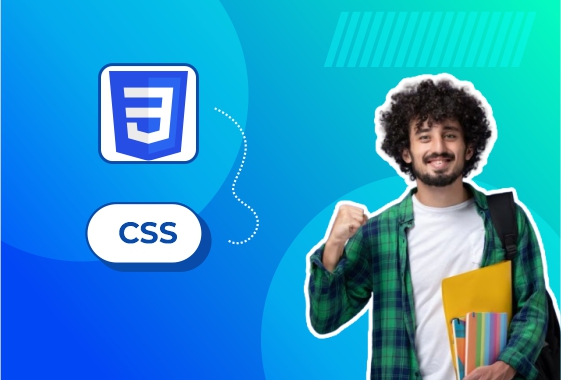
AI Real-Time Language Pronunciation Tutor
Project Description:
The AI Real-Time Language Pronunciation Tutor is an intelligent web-based platform that helps users learn correct pronunciation of words and phrases in various languages using AI-driven speech recognition and phonetic comparison. It listens to the user’s spoken input, compares it with native pronunciation, and gives instant feedback along with tips to improve.
It is especially useful for language learners, public speakers, or professionals working in multilingual environments.
Core Objective:
To provide a real-time, interactive, and accurate pronunciation learning platform that utilizes AI to enhance language learning with immediate corrective feedback.
Key Features:
-
Listen and Repeat Practice:
-
User hears a native pronunciation of a word or phrase.
-
Speaks into the mic to replicate it.
-
-
AI-Powered Speech Recognition:
-
Captures user input via microphone and transcribes it using models like Google Speech-to-Text or Mozilla DeepSpeech.
-
-
Phonetic Comparison Engine:
-
Compares user pronunciation against phoneme breakdowns using NLP and phonetic algorithms (like CMU Pronouncing Dictionary).
-
-
Real-Time Feedback:
-
Visual indicators for pronunciation accuracy (word-by-word).
-
Suggestions for syllables or sounds needing improvement.
-
-
Multi-Language Support:
-
English, Spanish, French, German, etc.
-
-
Practice History & Progress Tracker:
-
Stores attempts and scores for each word or phrase.
-
Shows improvement charts.
-
-
Custom Vocabulary Lists:
-
Allows users to create and practice specific vocabulary sets (e.g., business English, travel, exam prep).
-
-
Gamified Learning (Optional):
-
Daily challenges, badges, and streaks to motivate users.
-
Tech Stack:
AI/ML:
-
Speech-to-Text APIs (Google Cloud, DeepSpeech, or Whisper)
-
NLP Libraries: NLTK, CMUdict, phoneme alignment tools
-
AI Feedback Engine: TensorFlow/PyTorch model to detect mispronunciations
Frontend:
-
HTML, CSS, Bootstrap
-
JavaScript (with Web Audio API for recording)
-
WebRTC or WebSockets for real-time data
Backend:
-
PHP / Java / Node.js for backend logic
-
REST API for audio processing and results
-
Audio file handling and phoneme data matching
Audio & Voice:
-
Web Audio API or MediaRecorder for recording
-
Waveform visualization (optional)
Database:
-
MySQL or MongoDB
-
User data
-
Practice logs
-
Word lists
-





